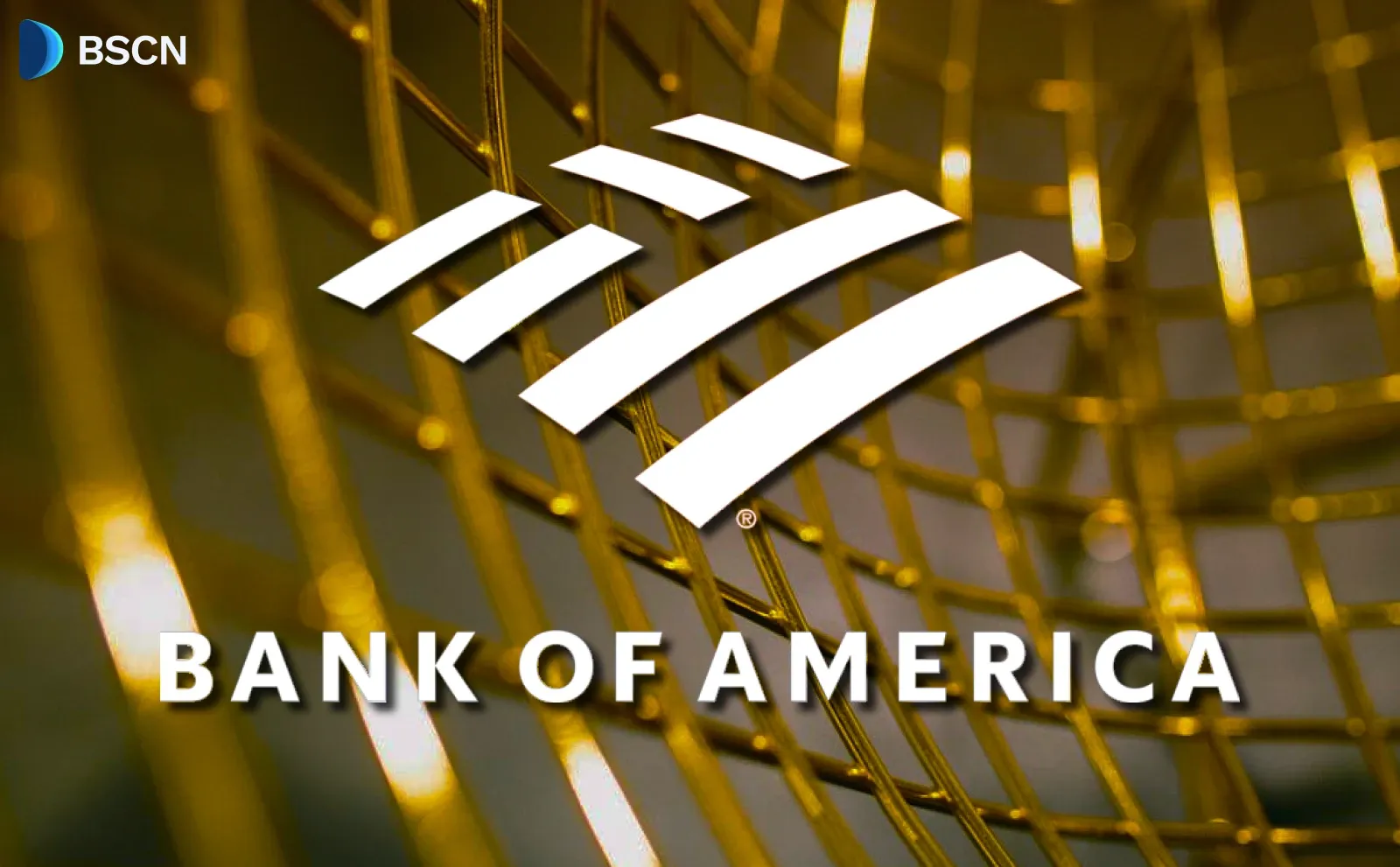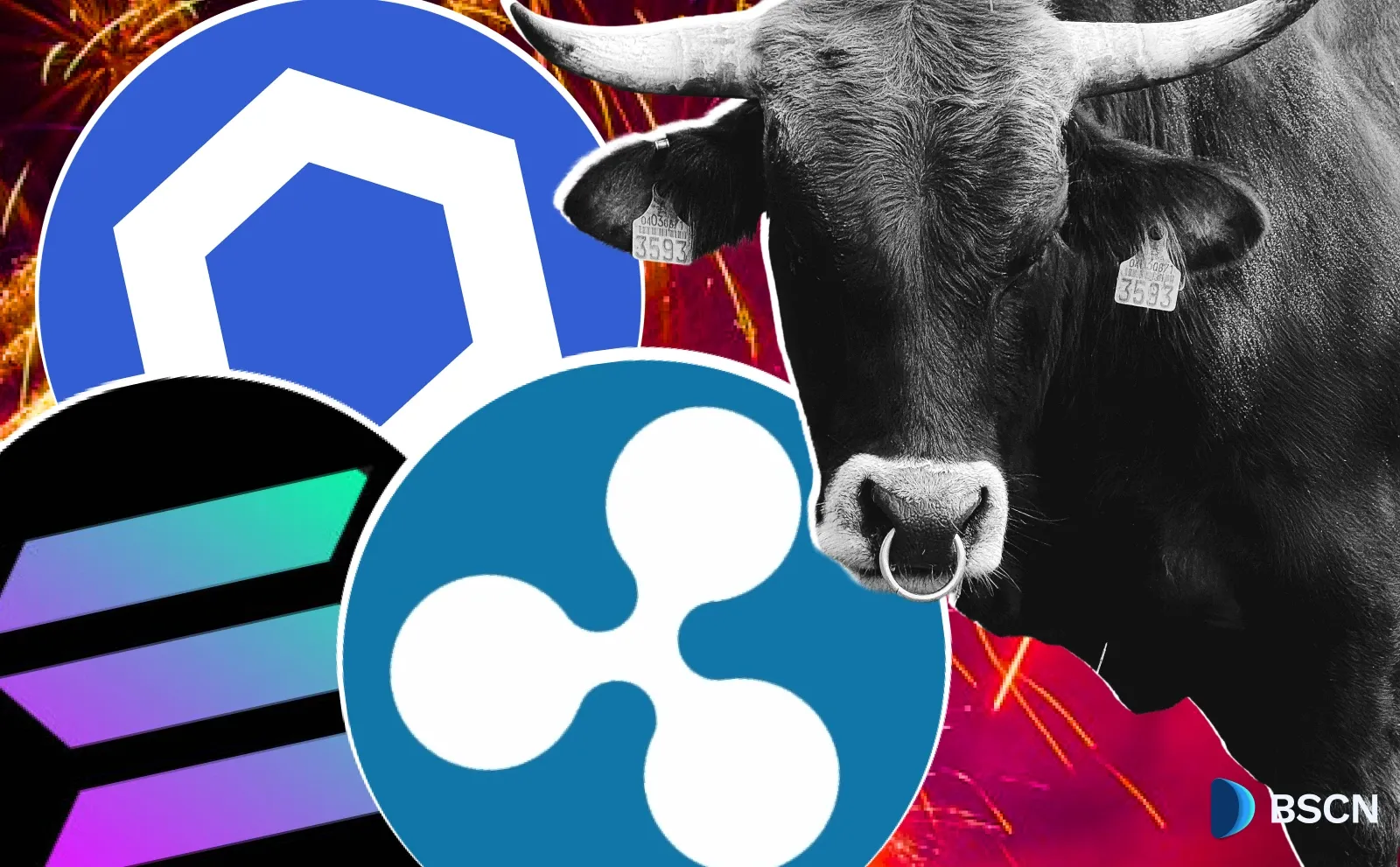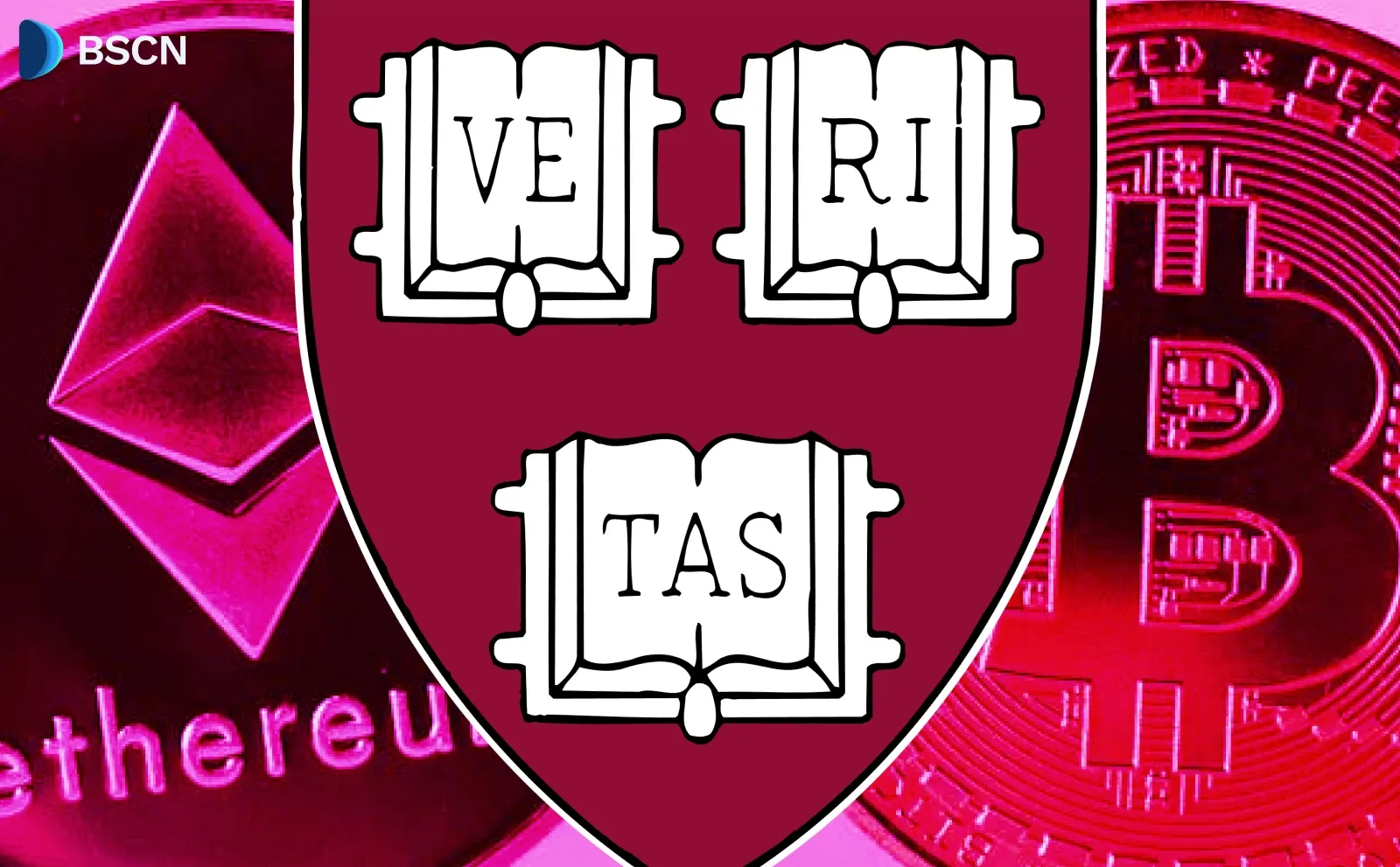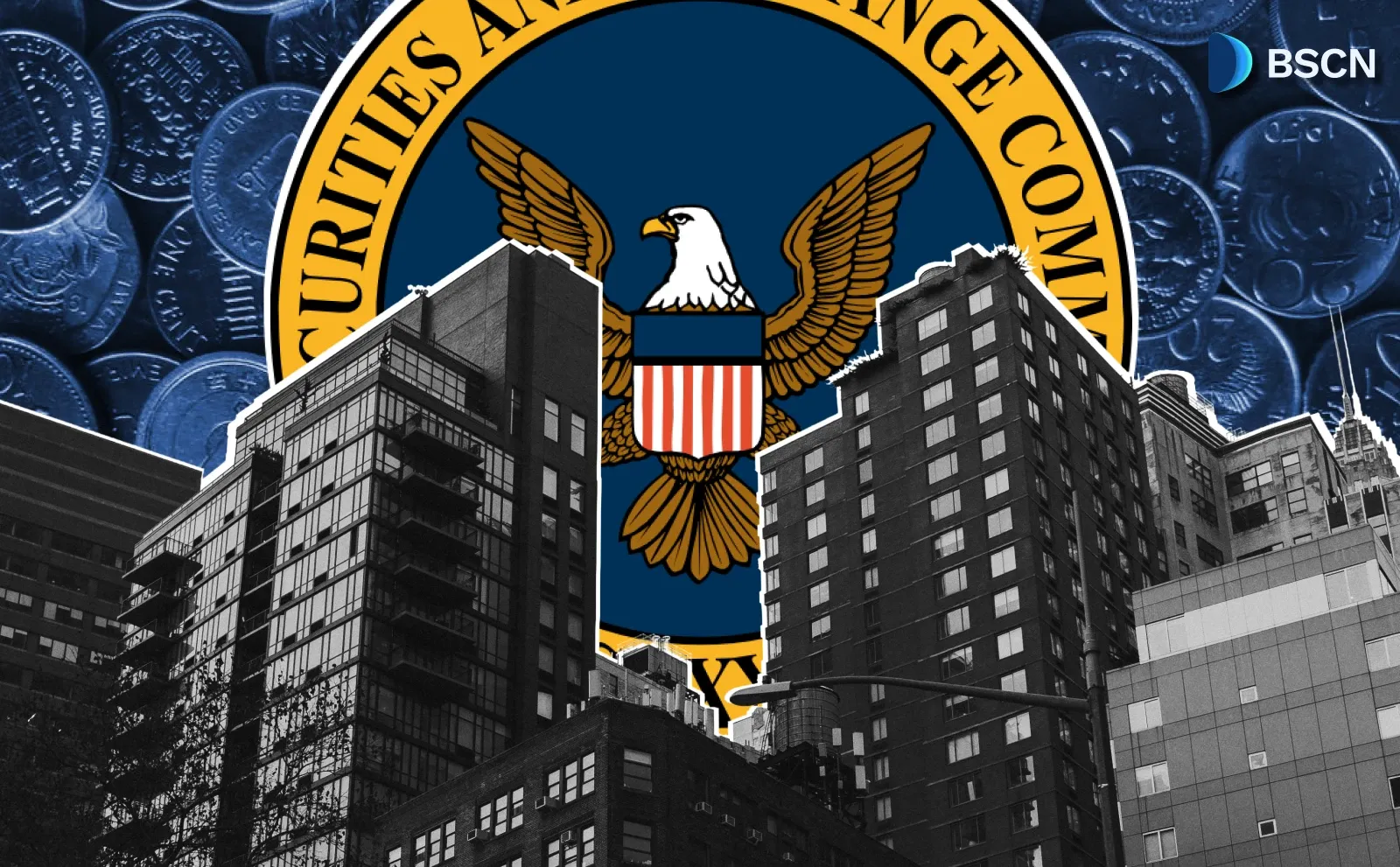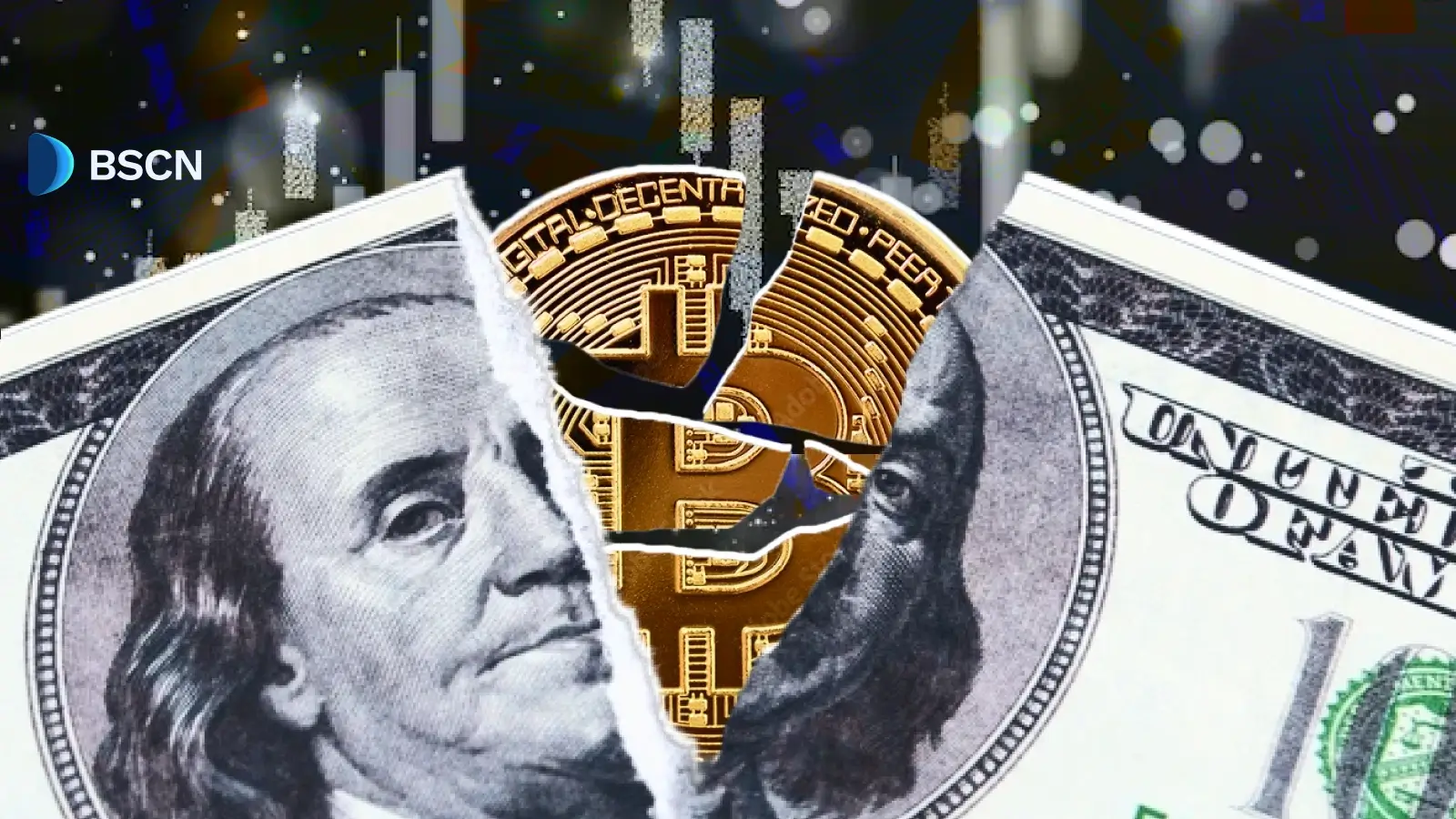Chainlink Expands in Asia Through Strategic Partnership With SBI Group

Chainlink partners with Japan’s SBI Group to expand blockchain adoption, focusing on tokenization, cross-chain interoperability, and institutional-grade infrastructure.
Soumen Datta
August 25, 2025
Table of Contents
Chainlink has entered a strategic partnership with SBI Group, one of Japan’s largest financial conglomerates with more than $200 billion in assets. The collaboration is designed to accelerate blockchain and digital asset adoption across Japan and the wider Asia-Pacific (APAC) region.
SBI brings deep expertise in financial markets, while Chainlink contributes its infrastructure for secure data delivery, interoperability, and compliance. Together, the two firms aim to build institutional-grade solutions for digital assets, including tokenized securities, real-world asset tokenization, cross-border payments, and stablecoin transparency.
This move follows increasing demand for tokenized products in Japan. According to a survey from SBI Digital Asset Holdings, 76% of financial institutions in the country plan to invest in tokenized securities. However, the lack of institutional-grade infrastructure remains a barrier. The partnership between SBI and Chainlink directly targets this gap.
Chainlink co-founder Sergey Nazarov said the collaboration builds on years of joint work with SBI:
“We have been building very advanced fund tokenization and stablecoin DvP use cases with SBI for a while now, and I am excited to see our great work move towards a state of production usage at a large scale. SBI's choice to rely on the Chainlink standard for their digital asset transactions shows that the security/reliability, compliance features, and cross-border connectivity of Chainlink are what is needed to do high-value institutional transactions.”
Why SBI and Chainlink Are Working Together
Japan’s financial markets are highly developed and tightly regulated, making the country a key testing ground for blockchain adoption. SBI already plays a leading role in Japan’s digital asset ecosystem, and its financial subsidiaries operate across Asia and Europe.
Chainlink, known as the industry-standard oracle network, provides infrastructure that connects blockchains with external data, ensuring secure, tamper-proof information feeds. By partnering with Chainlink, SBI gains access to technology needed to bridge traditional finance with blockchain networks.
Key Areas of Collaboration
The SBI–Chainlink partnership is focused on practical use cases that financial institutions can deploy at scale.
- Cross-chain tokenization of real-world assets: Using Chainlink’s Cross-Chain Interoperability Protocol (CCIP), institutions will be able to issue and transact tokenized assets like real estate, bonds, or funds across multiple blockchain networks.
- Onchain fund management: Chainlink SmartData and CCIP will enable net asset value (NAV) data for tokenized funds to be published onchain, improving liquidity and operational efficiency.
- Cross-border payments and settlement: The partnership will develop payment versus payment (PvP) solutions for foreign exchange and cross-border transactions, powered by Chainlink CCIP.
- Stablecoin transparency: Chainlink Proof of Reserve will be used to verify that stablecoins are backed by sufficient reserves, an essential requirement for institutional adoption.
These use cases align with the needs of financial institutions seeking compliance, efficiency, and reliable infrastructure for digital assets.
Yoshitaka Kitao, Chairman and CEO of SBI Holdings, highlighted the value of Chainlink’s infrastructure:
“Chainlink is a natural partner for SBI, complementing our financial footprint with their interoperability and reliability onchain. Together, we are developing secure, compliance-focused solutions, including cross-border transactions using stablecoins, to accelerate digital asset adoption in Japan and the region.”
This is not the first time the two groups have worked together. Chainlink, UBS Asset Management, and SBI Digital Markets—a Singapore-based subsidiary of SBI—previously collaborated on an initiative under the Monetary Authority of Singapore’s Project Guardian. That project demonstrated automated fund administration and transfer agency functions using smart contracts.
The new partnership expands this work to production-level infrastructure that can support institutional-scale use.
Context: Chainlink’s Endgame Vision
The announcement comes shortly after Chainlink published its “Endgame” paper, outlining a long-term strategy to unify blockchains, external systems, and real-world data into one cohesive network. The plan positions Chainlink as the interoperability layer for the blockchain industry, much like TCP/IP standardized the Internet.
Chainlink’s infrastructure stack is built on four standards:
- Data: Securely delivering external data onchain.
- Interoperability: Enabling cross-chain communication and asset transfers.
- Compliance: Embedding regulatory rules into digital asset systems.
- Privacy: Supporting confidential and secure computation.
On top of these standards, the Chainlink Runtime Environment (CRE) provides a decentralized execution layer where developers can compose modular oracle services into end-to-end solutions.
Chainlink Reserve and Institutional Demand
The partnership also aligns with Chainlink’s broader push toward institutional adoption. Earlier this month, the network launched the Chainlink Reserve, an onchain reserve funded by enterprise and decentralized application usage fees. The reserve is designed to strengthen the long-term sustainability of the Chainlink ecosystem, with revenue funneled into LINK tokens.
Payment Abstraction, a system that converts various assets (like stablecoins or gas tokens) into LINK, plays a key role in funding the reserve. This allows enterprises to use Chainlink services without needing to hold LINK directly, while ensuring that all fees ultimately support the protocol’s native token.
Notably, enterprise integrations have been a major revenue source for Chainlink. Partnerships with Mastercard, JPMorgan, and the Intercontinental Exchange (ICE) demonstrate its adoption by global financial institutions.
Why This Partnership Matters
SBI Group is one of the largest financial institutions to formally align with Chainlink on digital asset infrastructure. The collaboration addresses several critical gaps in blockchain adoption:
- Interoperability across chains and legacy systems.
- Reliable onchain data for institutional-grade products.
- Compliance-focused solutions suitable for regulated markets.
- Scalable infrastructure for tokenization of real-world assets.
For Japan and the APAC region, where digital asset adoption is growing rapidly, the partnership could set a benchmark for how financial institutions enter the blockchain space while meeting regulatory requirements.
Conclusion
The Chainlink–SBI Group partnership represents a practical step toward institutional adoption of blockchain in Japan and beyond. Instead of focusing on speculative promises, the collaboration is anchored in specific use cases such as tokenized assets, stablecoin verification, and cross-border settlement.
By combining SBI’s financial expertise with Chainlink’s interoperability and data infrastructure, the partnership aims to provide institutions with the tools needed to operate in digital asset markets securely and efficiently.
Resources:
SBI Group and Chainlink partnership announcement: https://www.prnewswire.com/news-releases/sbi-group-and-chainlink-announce-strategic-partnership-to-accelerate-institutional-digital-asset-adoption-in-key-global-markets-302537166.html?tc=eml_cleartime
Chainlink Endgame: https://blog.chain.link/chainlink-oracle-platform/
Chainlink LINK reserve data: https://metrics.chain.link/reserve
Read Next...
Frequently Asked Questions
1. What is the Chainlink and SBI Group partnership about?
The partnership focuses on developing institutional-grade blockchain infrastructure in Japan and APAC, including tokenized assets, cross-chain interoperability, and stablecoin verification.
2. How will Chainlink technology be used in this partnership?
SBI will use Chainlink’s Cross-Chain Interoperability Protocol (CCIP), Proof of Reserve, and SmartData services to build compliant, efficient digital asset products.
3. Why is this partnership significant for blockchain adoption?
It addresses key challenges for institutions—compliance, security, and interoperability—while creating a framework for large-scale adoption of tokenized assets in regulated markets.
Disclaimer
Disclaimer: The views expressed in this article do not necessarily represent the views of BSCN. The information provided in this article is for educational and entertainment purposes only and should not be construed as investment advice, or advice of any kind. BSCN assumes no responsibility for any investment decisions made based on the information provided in this article. If you believe that the article should be amended, please reach out to the BSCN team by emailing [email protected].
Author
 Soumen Datta
Soumen DattaSoumen has been a crypto researcher since 2020 and holds a master’s in Physics. His writing and research has been published by publications such as CryptoSlate and DailyCoin, as well as BSCN. His areas of focus include Bitcoin, DeFi, and high-potential altcoins like Ethereum, Solana, XRP, and Chainlink. He combines analytical depth with journalistic clarity to deliver insights for both newcomers and seasoned crypto readers.
Crypto Project & Token Reviews
Project & Token Reviews
Comprehensive reviews of crypto's most interesting projects and assets
Learn about the hottest projects & tokens
Latest Crypto News
Get up to date with the latest crypto news stories and events









